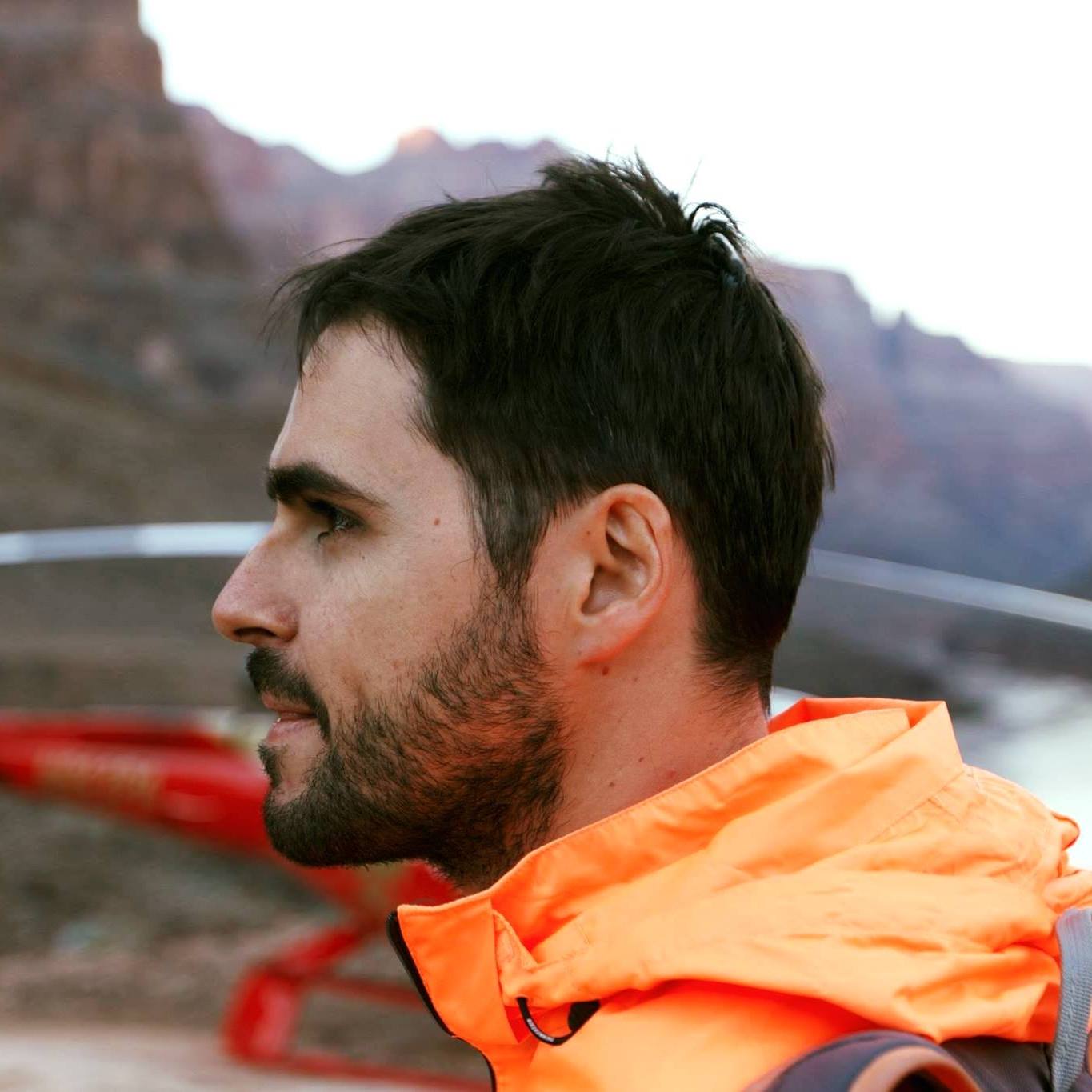A couple of weeks ago, the Financial Times reported that Google had achieved quantum supremacy.
A paper written by Google’s researchers was apparently leaked on a Nasa website. The paper in question claims that the programatic advertising company run a “circuit sampling” experiment in over three minutes. The same problem would take Summit, number one classical supercomputer on the planet, around 10,000 years to compute.
Quantum computing (QC) has been one of my “darling” topics since I was introduced to it in 2000. Back them, a fully functional QC was still kind of science-fiction.
As I would like to keep learning about QC, its applications and future business model, I have decide to focus my blog on it moving forward.
Buckle up because it is going to be quite a ride!
